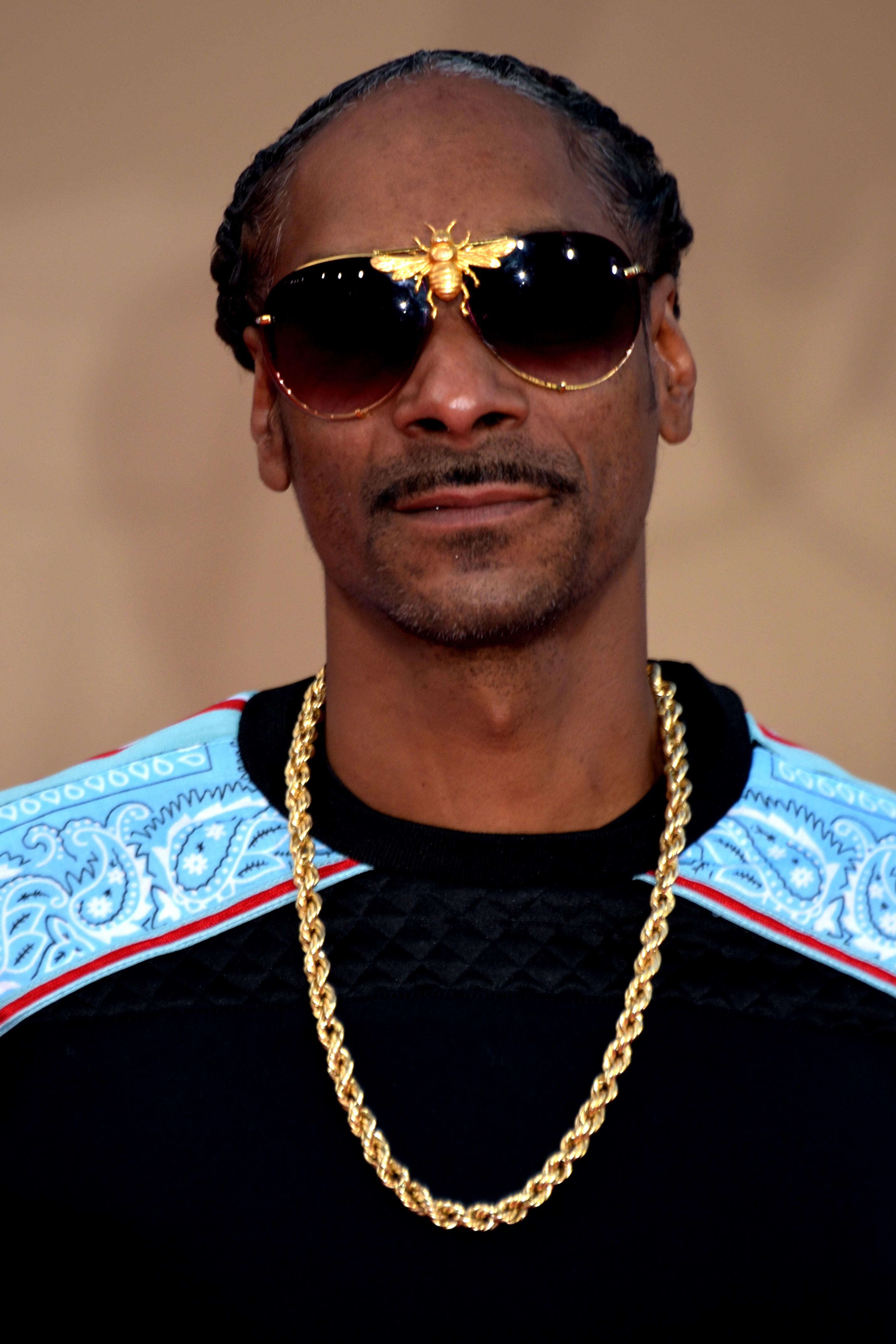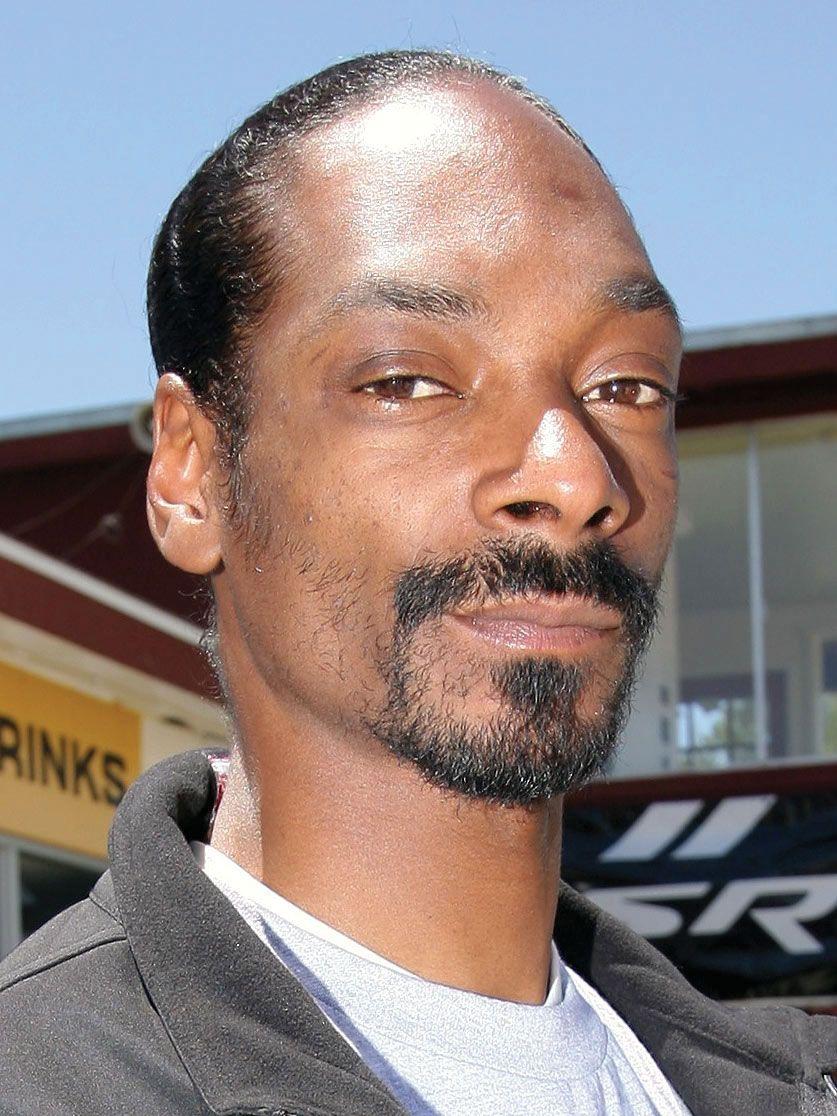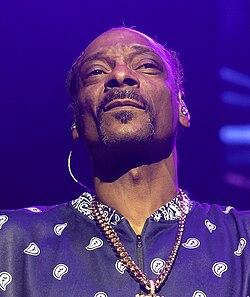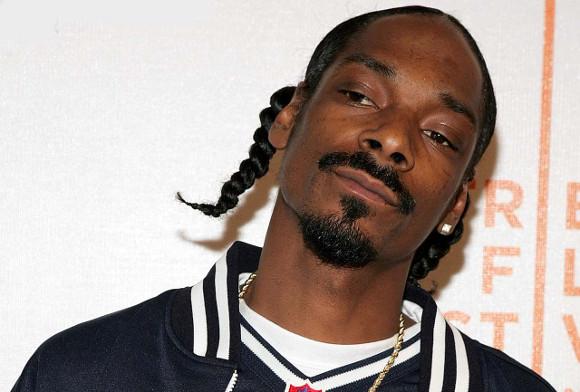Snoop Dogg Reflects on Controversial Remarks Regarding Same-Sex Representation
Snoop Dogg has recently taken a moment to address his earlier comments concerning the portrayal of same-sex couples in Disney’s animated film, Lightyear. After facing notable backlash for his remarks, which some deemed insensitive, the iconic rapper has clarified his stance, expressing regret and acknowledging the importance of diverse representation in media. In a candid reflection, he stated, “I didn’t mean to offend anyone. I can see how important these representations are for many.” This admission marks a notable shift in his public narrative, as he actively engages with the evolving discussions surrounding LGBTQ+ inclusivity in entertainment.
In a statement that resonated with many fans and advocates, Snoop emphasized the necessity of understanding and accepting differences in our society. He remarked that “love is love,” a mantra that underscores the growing demand for acceptance and representation of all communities in popular culture. His remarks sparked conversations about the responsibility of artists to be mindful of their influence and the messages they convey. While many appreciated his willingness to learn from the backlash, it also highlighted the ongoing discourse about accountability in the face of controversial opinions.

Understanding the Impact of Celebrity Comments on LGBTQ+ Visibility
The recent remarks made by Snoop Dogg regarding the same-sex couple featured in the animated film ‘Lightyear’ sparked widespread discussions about the responsibility of public figures in shaping societal attitudes towards the LGBTQ+ community. In an era where representation in media is crucial, comments from celebrities can significantly influence public perception and acceptance. In his follow-up, Snoop Dogg acknowledged the weight of his words, stating, “My Bad,” which reflects a growing awareness among celebrities about the impact of their statements on marginalized communities. This acknowledgment underscores a critical moment in the discourse surrounding LGBTQ+ visibility, prompting fans and followers to reflect on how influential voices can either perpetuate stereotypes or foster inclusivity.
When celebrities openly address their previous statements, it not only provides an possibility for growth but also sets a precedent for accountability.Snoop Dogg’s admission serves multiple purposes: it encourages fans to engage with LGBTQ+ issues more thoughtfully and it demonstrates that learning from mistakes is part of a larger journey towards understanding and support. The ripple effect of such interactions can lead to broader discussions about representation in films, music, and pop culture, highlighting essential points such as:
- The necessity for diverse narratives in mainstream media.
- The role of celebrity influence in shaping public attitudes.
- The importance of accountability and openness in discussions about identity and representation.
Ultimately, comments from celebrity figures like Snoop Dogg can catalyze important conversations, paving the way for more extensive support and visibility for the LGBTQ+ community.

The Importance of Accountability in Public Discourse
In a digital landscape dominated by rapid dialogue and instantaneous responses, accountability in public discourse has never been more critical. When celebrities like Snoop Dogg make comments that spark controversy, the jaws of the public can drop, and debates frequently enough ensue. His recent remarks about the representation of a same-sex couple in the animated film Lightyear stirred significant reactions, underscoring the responsibility that comes with fame. Acknowledging his misstep, Snoop Dogg’s public apology-framed as a simple yet poignant “My Bad”-serves as a reminder that transparency and humility in acknowledgment of one’s errors can pave the way for constructive dialogue. The space for reflection, learning, and growth becomes essential, particularly in areas where cultural sensitivities intersect with artistic expression.
Accountability in these discussions fosters a healthy environment where diverse voices can coexist,and it encourages individuals to challenge their own biases.By taking responsibility for inaccurate or harmful remarks, public figures can together dismantle stereotypes and contribute to a culture of inclusivity. Engagement with differing viewpoints encourages the community to reflect on the following aspects:
- Empathy: Understanding the lived experiences of marginalized groups helps to cultivate compassion.
- Education: Admitting one’s mistakes often leads to broader conversations that educate audiences.
- Progress: Acknowledging errors and engaging in dialogue can drive social progress, shifting cultural norms.

Recommendations for Constructive Dialogue on Diversity in Media
As discussions around representation in media continue to evolve, it becomes crucial for industry stakeholders to engage in meaningful conversations that foster understanding and inclusivity. To facilitate constructive dialogue on diversity,several approaches can be adopted:
- Encourage Open Forums: Creating spaces where creators,audiences,and critics can share their perspectives can lead to a richer understanding of diverse experiences.
- Prioritize Education: Media professionals should actively seek resources and training on cultural sensitivity to enhance their storytelling practices.
- Amplify Diverse Voices: Platforms must give visibility to underrepresented communities, allowing for authentic narratives to surface and resonate.
- Foster Collaboration: Engaging with collaborators from varied backgrounds can enhance creativity and bring different viewpoints to the forefront of media projects.
Additionally, it is important to acknowledge mistakes as part of the learning curve. When public figures like Snoop Dogg face backlash for comments regarding representation, their willingness to admit fault and express a desire to learn can pave the way for deeper discussions.By amplifying voices of accountability and understanding, the industry can collectively move towards a media landscape that reflects the diversity of its audience.
